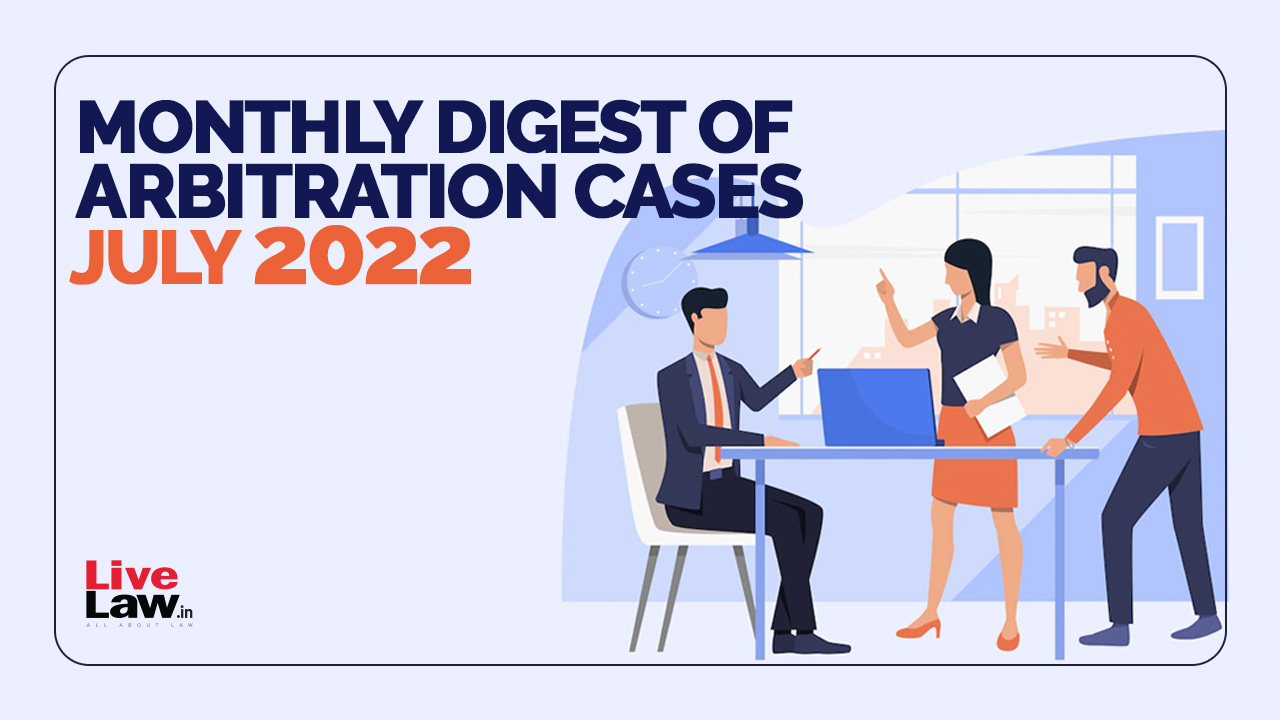- Home
- /
- News Updates
- /
- Arbitration Cases Monthly Round-up:...
Arbitration Cases Monthly Round-up: July 2022
ausaf ayyub
2 Aug 2022 9:00 AM IST
Supreme Court: Court Under Section 34,37 Arbitration Act Cannot Modify An Award ; It Can Only Remand: Supreme Court Case Title: National Highways Authority of India versus P. Nagaraju @ Cheluvaiah Citation: 2022 LiveLaw (SC) 584 The Supreme Court observed that, under Section 34 or 37 of Arbitration and Conciliation Act, a Court cannot modify the award passed by the...
Next Story



